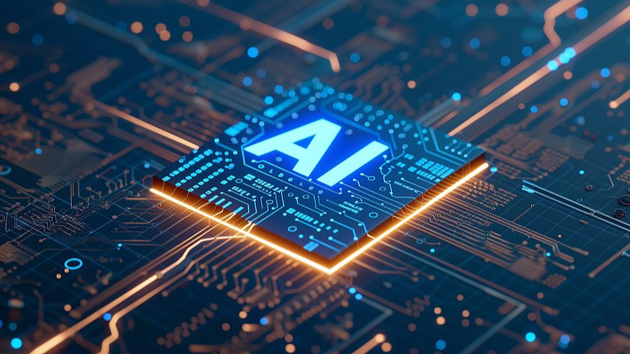
Photo/VCG
The battle for AI dominance has zeroed in on a new arena: AI programming. Following ByteDance, Tencent, and Baidu, Alibaba has launched its Qoder platform. This intense competition is fueled by AI programming's potential to not just boost efficiency but to fundamentally reshape the entire software industry.
Both domestic and international players are pushing the boundaries. On August 21, DeepSeek released DeepSeek-V3.1, which scored an impressive 76.3% on a key coding test, surpassing top models like Claude 4 Opus. The next day, Alibaba introduced Qoder, a platform designed for AI-driven development.
Overseas, the competition is equally intense. With at least seven AI programming unicorns valued at over $1 billion and a total of over 24 billion yuan in funding, the market is a hotbed of innovation. Companies like OpenAI and Anthropic are all vying for a dominant position.
The rapid rise of Anysphere's Cursor is a case in point. This company, founded in 2022, went from a little-known startup to a near-$10 billion valuation in just three years. Its core innovation, known as "vibe coding," moves beyond simple code completion. By leveraging natural language conversations, it predicts a developer's needs and autonomously generates code. This has attracted around 30,000 enterprise clients, including tech giants like OpenAI, and generated over $500 million in annual recurring revenue (ARR).
In this global race, Chinese companies are distinguishing themselves with an open-source strategy. Their models, such as Qwen3-Coder and DeepSeek-V3.1, are now on par with or even outperforming international rivals. By releasing their code for free commercial use, they are building a collaborative ecosystem that attracts developers worldwide.
Ultimately, this race is about more than just writing code faster. Tech giants are betting on AI programming as a foundational step toward a new era of AI. It’s a self-reinforcing cycle: better models create better products, which in turn generate valuable data to make models even smarter. As AI lowers the barrier to software creation, it could unleash a massive new market, with one analysis estimating its potential value at $15 billion by 2030.


 川公网安备 51019002001991号
川公网安备 51019002001991号





